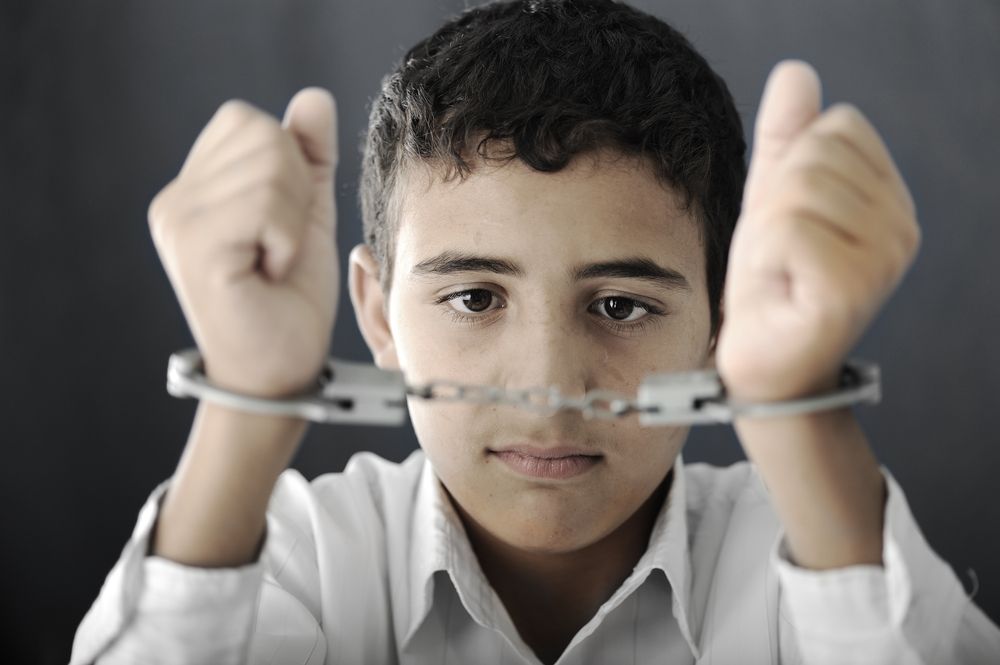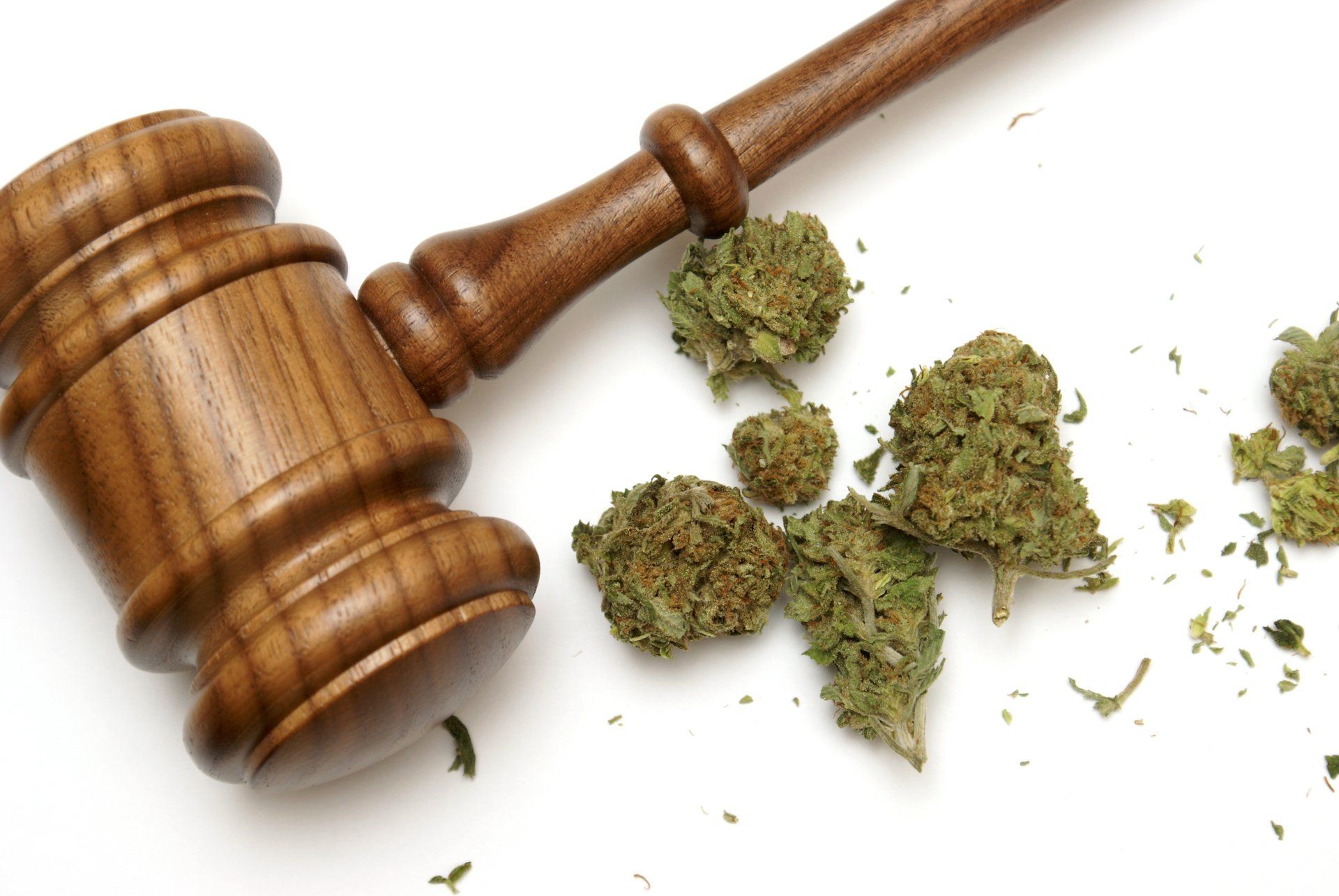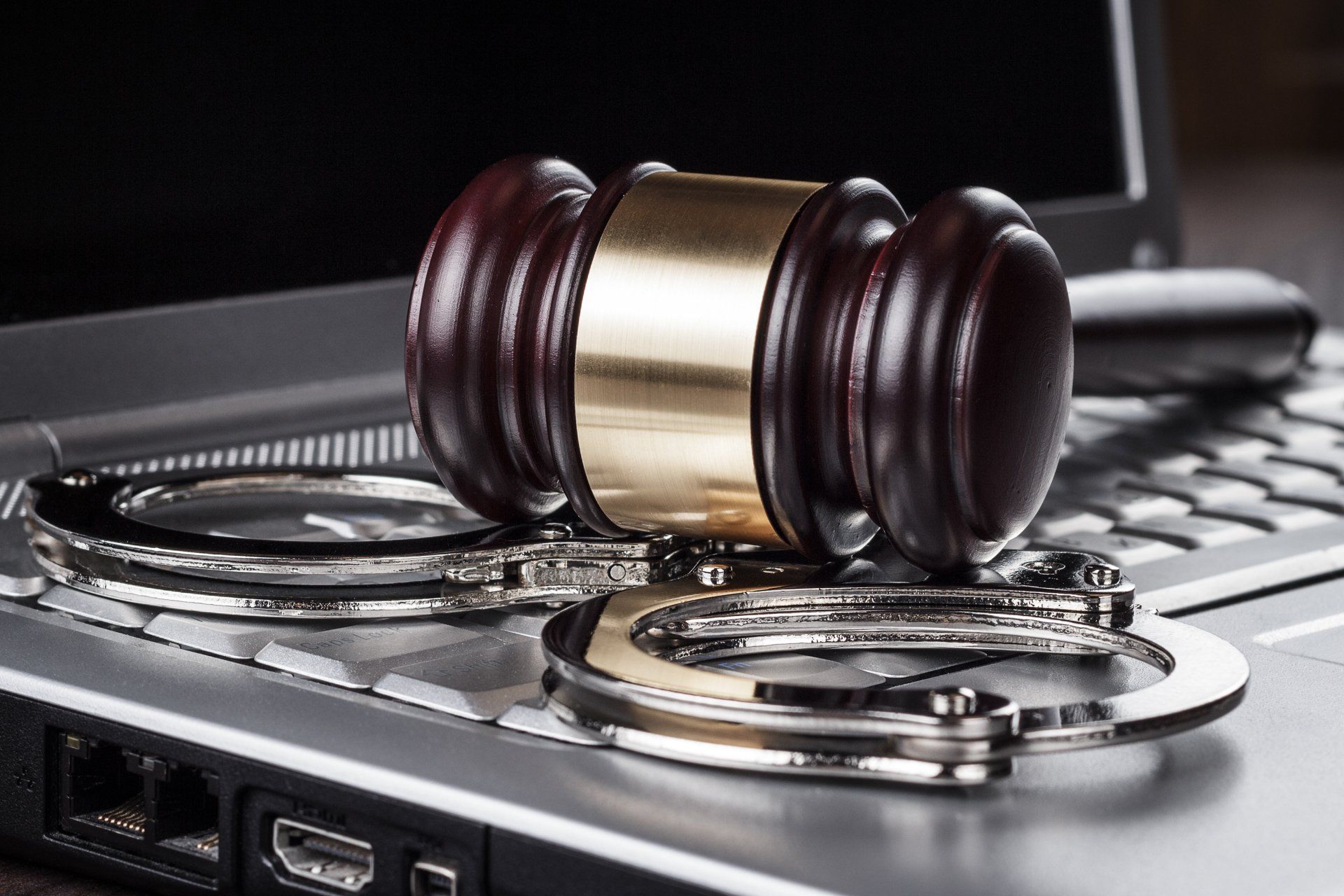Direct Filing of Juveniles
- By Antonio Quinn
- •
- 11 Aug, 2015
- •
No Hope on the Horizon

While with the public defender's office in Broward County, I worked in the juvenile division and during that time I handled all juvenile cases involving minors under the age of 18 who had been arrested or charged with a crime in Broward County. During my tenure, I had the unfortunate opportunity of witnessing a number of practices which routinely occur in the juvenile justice system which would shock the conscience of the ordinary citizen. Juvenile defendants are at an enormous disadvantage from their adult counterparts from the moment that they are arrested. When a child is arrested, their families are not given the opportunity to post bond. A child's "detention status" is determined using a numeric scoring system and as a result, if a child is charged with a serious crime he or she will often be held for 21 days at a secure facility even though the substantial weight of evidence points to their innocence. So for many children in Florida, their first introduction to the criminal justice system is an expedited court hearing which occurs before the child's parents have adequate time to retain counsel and during which the State Attorney's office is required to demonstrate merely that there was probable cause for the arrest in order to hold the child in secure detention for 21 days.
And it really only gets worse from there for a child who is accused of a serious crime. Children are not entitled to a jury trial under Florida law and as a result a child's fate can often rest heavily upon the disposition of the judge who their case is assigned to. Even worse than that is the fact that Florida law permits the State Attorney's Office to be the sole decider of whether to file a child's case in juvenile court or whether to "direct file" the case to adult court. This state of the law has led to an imbalance of power for defense attorneys who are representing child defendants. Numerous times I have witnessed situations where a juvenile who is being charged with a serious crime is forced into choosing to enter into a speedy negotiated resolution which guarantees juvenile treatment of the case in exchange for accepting a Level 10 or the most restrictive program available with the other option being to take their chances and fight the case in adult court. Many children and their parents are fearful of the potential punishments and collateral consequences of taking their case to adult court and as a result are forced to accept a completely unreasonable plea bargain.
There appeared to have been some hope for a light at the end of the tunnel earlier this year however, but a Bill introduced to the state legislature seeking to change the direct filing process in an effort to restore the balance of power by making the court the ultimate decider of where a case is filed after both parties are given an opportunity to be heard did not pass through the State Senate. HB 783 also sought to prohibit the direct filing of juveniles under certain circumstances where is permissible under current law. According to an August, 2014 Human Rights watch Report, Florida leads the nation with the highest rate of transfers of children from the juvenile to the adult system with a rate of 164.7 per 100,000 children being direct filed and many of the children who are being sent to adult court are sent there for non-violent drug offenses.
Until the legislature does something to address the problems which HB 783 sough to address, Florida is going to continue to lead the nation in the number of children who have their cases direct filed into the adult court system and defense lawyers are going to continue to be at a substantial bargaining disadvantage. The people who are hurt most here are of course the children whose future educational and employment opportunities end up being limited as the direct result of a decision made without they nor their attorneys being given a hearing or an opportunity to be heard regarding the suitability of transfer to the adult system.




